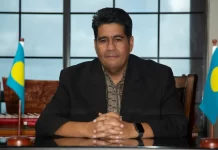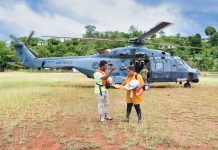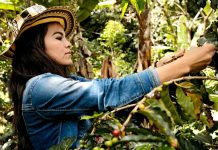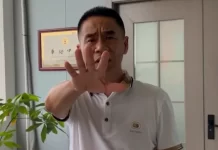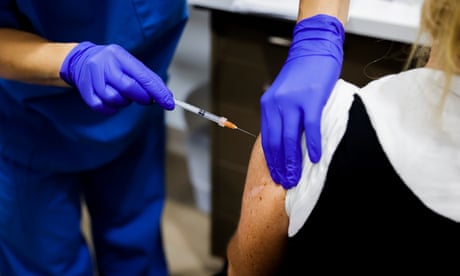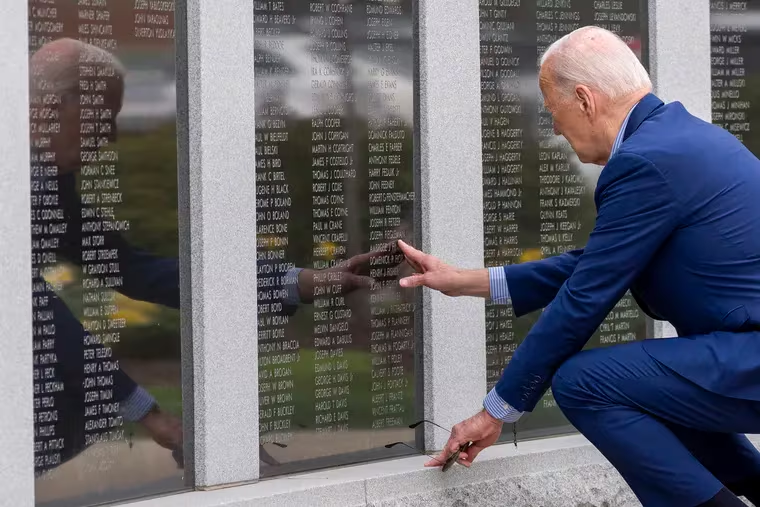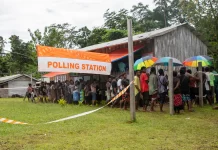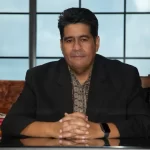Australia has distributed 18m doses of Covid-19 vaccine to neighbouring countries but is being urged to dedicate money and resources to Covax – the global vaccination mechanism – so that the world’s least-inoculated countries can access vaccines.
Australia’s “vaccine diplomacy”, focusing on bilateral donations to the Pacific and south-east Asia has come at the expense of commitments to the global Covax facility, to which it has committed zero doses and only $130m(US$91 million).
The Delta variant emerged from highly unvaccinated India, and Omicron from Africa, which has the world’s lowest vaccination rates. With major new variants detected, on average, every four months, there are concerns that persistently laggard vaccination rates in the developing world will allow new variants to keep emerging, sparking new global waves and prolonging the pandemic.
Tim Costello, spokesperson for the End Covid for All initiative, said bilateral vaccine donations prioritised a “charity model” over a “justice model” for vaccine access.
“The problem with distributing vaccines bilaterally is it becomes a ‘charity model’. It comes out of the rich countries buying five times as many doses as they need, and then looking generous, saying ‘we will donate these to you’. The Covax facility was designed to be a justice model, so that people in poorer countries had equitable access to the vaccination that everybody needs.”
End Covid for All has written to the Australian government, calling for an additional $250m (US$176 million) to be dedicated to the Covax mechanism, arguing “the global vaccine effort is dangerously off-track, unfair and unjust”.
UN data shows while vaccination rates in high-income countries are 67%, the figure is just 11% across low-income countries. Costello told the Guardian nobody would be safe from coronavirus until everybody was.
“When the government says ‘I am protecting you, look how many people are vaccinated, soon we will have enough rapid antigen tests’, it is hollow. We in Australia cannot shut ourselves off and protect only ourselves.”
The raw numbers of Australia’s vaccine distribution are generous by global standards.
Australia has committed to distributing 60m doses of Covid-19 vaccine across the Indo-Pacific by the end of 2022. It has, to 29 January, donated 18,283,000 doses to 16 countries across the Pacific and south-east Asia.
Indonesia has received 5.7m doses, Vietnam 5.6m and Cambodia 2.3m.
Australia has donated $130m (US$91 million) to Covax, an amount that puts it among the very lowest of developed nation donors.
Roland Rajah, director of the International Economics Program at the Lowy Institute, said Australia’s vaccine commitments made it the second-most generous per capita donor – behind the US – pledging approximately 2.3 doses internationally per Australian. Australia had also already delivered 30% of its pledged doses, above the global average.
“But the reality is when you think about bringing an end to the pandemic – about doing things in an efficient way – there needs to be global equity in vaccine access. Covax prioritises that. The biggest gap is in Africa, which is simply not keeping up in getting shots into people’s arms. And it is largely a supply issue, there needs to be more vaccines going to Africa.”
Australia’s focus on the Pacific islands and south-east Asia was geopolitically motivated, and focusing vaccines on countries that already had reasonable rates of protection.
Most developed nations, Rajah said, had engaged in some form of vaccine diplomacy, focusing vaccination donations on countries of strategic importance or alliance. But Australia is an outlier in its exclusive bilateral focus, “out of step” with other major global donors.
“The only other major donor displaying a similar pattern of bilateral vaccine diplomacy is China, which shares none of its vaccine doses via Covax and has contributed relatively little financially to the facility.”
Bilateral vaccine donations are, Rajah said, “not as good”.
“It is more in line with vaccine diplomacy and playing politics than it is focused on equity. It is also less efficient. And, when we are trying to end a global pandemic, equity and efficiency are what we need.”
There are concerns, too, that if new variants do emerge from largely unvaccinated populations in developing countries, wealthy countries will prioritise their vaccination supplies to provide boosters for their own populations, further exacerbating the global inequality and, ultimately, prolonging the pandemic.
The Department of Foreign Affairs and Trade (DFAT) said: “Australia’s commitment to our region’s resilience against the global Covid-19 pandemic remains steadfast.”
It said Australia’s vaccine support for the region was “end-to-end”, strengthening local health systems to deliver vaccines to those who need them most, and addressing vaccine hesitancy in places where uptake of vaccines is low, such as Papua New Guinea.
“Australia will continue to provide practical and timely support for our neighbours in the Indo-Pacific region to save lives, advance economic recovery, and build health systems to protect against future pandemics.”
The director of the Burnet Institute, Professor Brendan Crabb, said on average a major new variant of Covid-19 has been detected every four months since the World Health Organisation characterised it as a pandemic.
“Alpha emerged in an – at the time – unvaccinated UK, Delta emerged in a largely unvaccinated India, and Omicron emerged in a largely unvaccinated South Africa. Another variant of concern will no doubt arise unless we ramp up global vaccination efforts.”
After a slow start to distribution, the Covax facility has distributed more than 1bn doses across 144 countries, out of 2.8bn doses that have been pledged.
Crabb said while “Covax may not be perfect”, it offered an end-to-end vaccine program tailored to each country, working to ensure vaccines that are delivered ultimately find their way into people’s arms.
“Widespread vaccination is the central pillar of the plan to reduce the global Covid burden, which is essential to ending the Covid pandemic for us all. And Covax is our best shot at vaccinating the world.”
SOURCE: THE GUARDIAN/ PACNEWS


